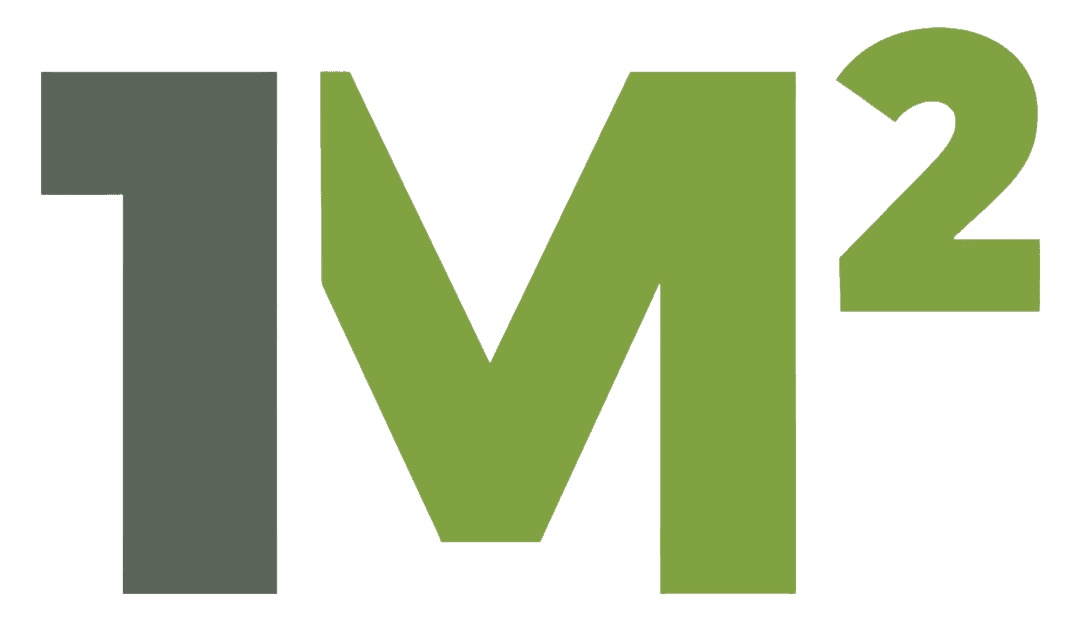In a month’s time, though, your immune system will have the ability to recover. There are many reasons why people choose to participate in Dry January—a time when people take a break from drinking and examine their relationship with alcohol. For some people, it may be part of a New Year’s resolution to incorporate healthy behaviors into their routine. There’s how to take a break from drinking something that happens once you understand the biochemistry of addiction, which is not well understood, and there are very incomplete PowerPoint presentations given at a lot of the rehab centers where they focus on incomplete research, but that’s another issue. But I stayed aware, my motto for people who do harm reduction of any kind is respect your brain.
Or maybe you can insert whatever your reason is there. Welcome to the Hello Someday Podcast, the podcast for busy women who are ready to drink less and live more. I’m Casey McGuire Davidson, ex-red wine girl turned life coach helping women create lives they love without alcohol. But it wasn’t that long ago that I was anxious, overwhelmed, and drinking a bottle of wine and night to unwind. I thought that wine was the glue, holding my life together, helping me cope with my kids, my stressful job and my busy life.
Alcohol withdrawal symptoms
But, you know, basically, every time you do it, you just end up with a hangover. And you know, you’re pushing up what you really want is true intimacy, and being comfortable, and developing that for the rest of your life. But if you keep stalling it, you’re never going to get there. But the thing was, it was just stalling. Like it was problems stalling all those issues, right, because I just still felt like I needed it.
- These things release the same feel-good chemicals in your brain as alcohol.
- As a master certified coach, Rachel has helped thousands of women reexamine their relationship with alcohol so that they can unlock their potential.
- But evaluations show, regardless of successful completion, taking up a month-long challenge to quit alcohol is linked to reductions in alcohol consumption six months and up to a year later.
- I don’t get a buzz, but I do get a sort of comfort.
- If you’re not, then that’s our we want to understand, okay, what are the kind of habits that you have around thinking people talk about this all the time with, you know, cooking dinner and drinking wine.
- I don’t think I needed at that point even to have an excuse that I needed to work out in the morning.
If you decide to return to drinking after January is over, stay within the Dietary Guidelines for Americans, 2020–2025, which provide advice on what to eat and drink to meet nutrient needs, promote health, and prevent disease. The guidelines recommend that adults who choose to drink limit alcohol intake to 1 drink or less for women and 2 drinks or less for men—on any single day, not on average. Keep in mind that drinking less is better for heath. Research shows that even small amounts of alcohol can carry health risks, including for certain cancers and cardiovascular issues. Here’s how to feel more comfortable at events when you’re planning on not drinking and you don’t want to drink, but other people are going to be drinking. Arrive there on a satisfied stomach with a nice healthy meal of proteins, fat, and carbs.
ways to curb your drinking
I don’t get a buzz, but I do get a sort of comfort. “I have found kombucha to be an effective tool in transitioning off nightly nightcaps,” says Koskinen. “The sharp taste of kombucha mimics that of alcohol. The still-legal-for-kids-to-drink amount of alcohol in this fermented beverage may be enough to trick the brain into thinking it’s getting a dose of ethanol, which may be just enough to take the edge off.” Replacing an alcoholic drink with a non-alcoholic drink that is “special” can be a big help when quitting booze, Shapiro notes.
It’s like, okay, so what is actually preventing it from being better? It’s what’s happening in your mind, right? Is that think, feel, act cycle unfolding? And I really do think like, it’s not about making a moral judgment of like, you know, oh, is it wrong to augment emotions? Or, you know, is it wrong to want to just like, have as much pleasure, even if those pleasures are false pleasures? It’s just really, I think, asking yourself, like, what do I actually think is lacking from this moment?
Is Dry January worth it if people resume their normal drinking habits?
I’ve had a slight, it’s not actually slight, it appears slight, but I have a hearing impairment. I’ve had that my entire life, and so it’s made me comfortable with being different from other people. And so, that independent streak really helped me out when I became a non-drinker. What I could have done was come up with a reason that people can understand within this group-created identity of myself as the heavy drinker.

